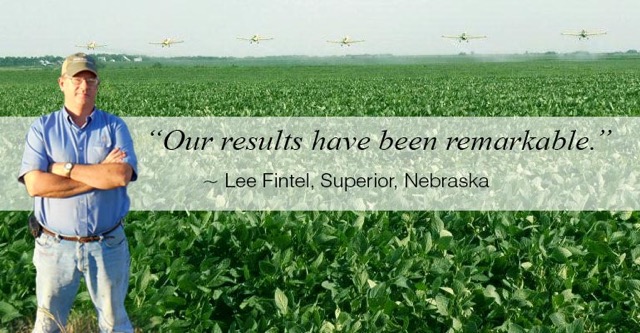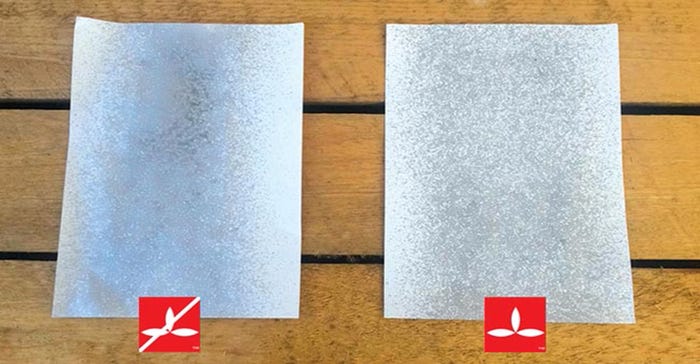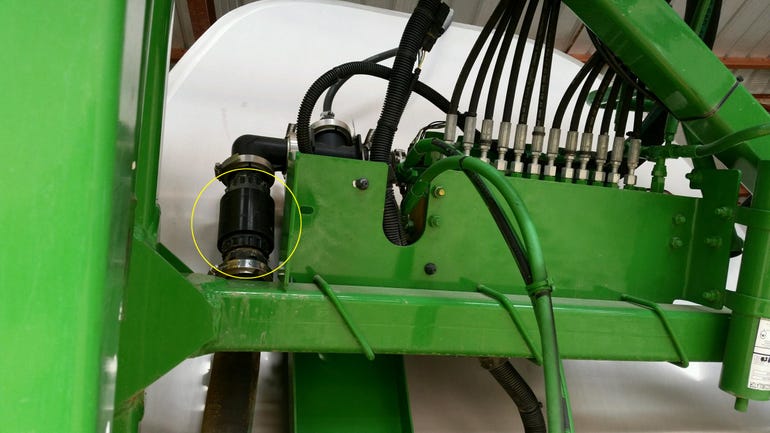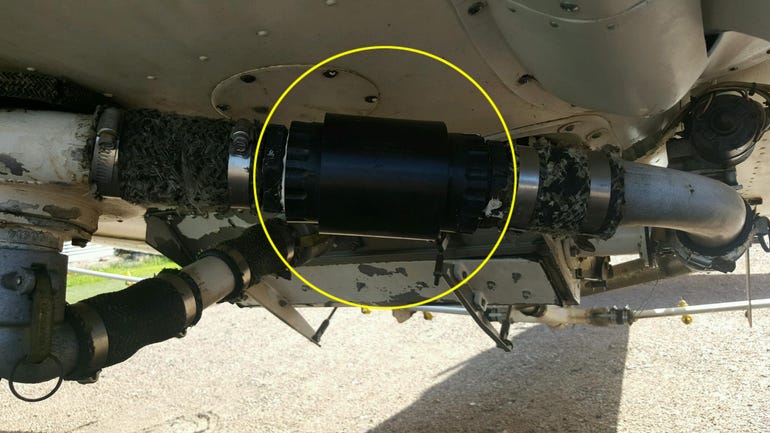March 4, 2017

Sponsored Content
Better spray efficacy by splitting and polarizing droplets with less surface tension and viscosity.
Speculators of sustainable solutions aren’t trendy, they’re practical. The evolution of this theme has yet to win hearts, as sustainability sometimes is associated with less profit and more headache. According to the UN, sustainable means “meeting the needs of the present, without compromising the ability of future generations to meet their own needs”. While the buzzword rolls off our lips, the reality is that food production will need to increase by 70% to feed the world’s 9.6 billion people by 2050 — a little more than 30 years from now — while limiting greenhouse gases and the need for additional land and water.

Nebraska continues to make important contributions to global food supply, ranking in the top five states of highest crop values in America. This is where efficiency, productivity—and believe it or not—sustainability must come together to meet our short and long-term goals.
One area sustainability has a chasm to bridge is in weed control. While weed control methods vary from farm to farm, a common goal for a successful weed and pest management programs include improving the quality and quantity of yields safely, while effectively killing all unwanted guests whether by weed or pest. But more chemicals aren’t the solution to a sustainable operation. They’re also expensive and require time to apply.
So, how do we balance the real demands of productivity—and profitability—in any size spray program with sustainability built into the operational DNA?
It's time to take a look at the role physics plays in supporting sustainable productivity. Consider looking at a more elemental level of your chemical investment: electrons. When chemical and nutrient solutions flow through specially calibrated, high guass magnetic resonance devices, as manufactured by US company Magnation Water Technologies, droplets are smaller and polarized for a more uniform distribution. They do not coagulate and clump together so there is even distribution when spraying foliage. In addition, a reduction in the solution’s surface tension and viscosity allows for better foliar absorption. This is what allows farmers to use 10-30% less fertilizers and protective insecticides, pesticides, herbicides and fungicides with complete effectiveness. Beneficial to all types of sprayers whether land or aerial applicators, new or existing, Magnation’s passive inline units can be installed at the tank or before splitting into multiple nozzles.

According to farmer and pilot Les Bruntz who farms 2000 acres near Oxford, Nebraska, “I killed 100% of my weeds with Magnation installed on my plane sprayers, and pump system on the ground.” Lee Fintel confidently states, “Our results have been remarkable.”

Magnation Water Technologies leads agricultural innovations for softening the grip of increasingly resistant weeds with a highly effective and efficient solution. Chemical-free, energy-free and maintenance-free water and liquid treatment systems, Magnation maximizes the potential of water and all liquids to it’s optimal state by improving it’s quality and bioavailability (visualize structured water or liquid solutions with better electrons in every atom) for maximum absorption, improved vitality and disease resistance in crops, while using less to do more.
Better electrons, better bottom line.
Learn more at http://www.rainlikewater.com
About the Author(s)
You May Also Like




